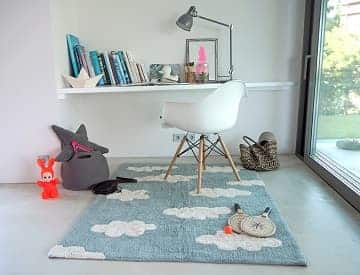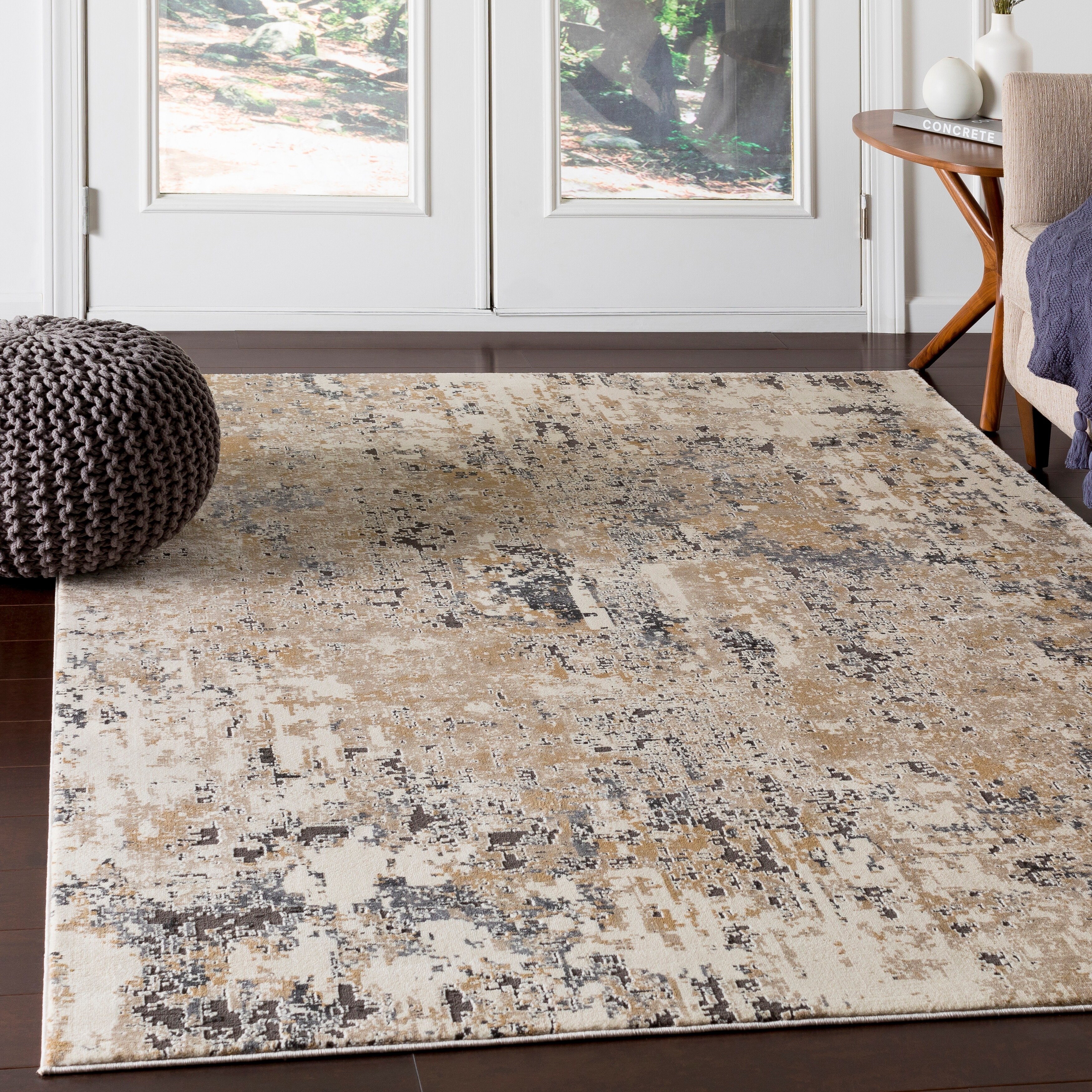We hope the examples of the best carpets and rugs for allergy sufferers we gave above would be of great help to you.
What area rug material is best for people wit allergys.
It s resistant to mildew and like polyester it repels allergens.
The nuloom carpet is made up of 100 polypropylene making it good for people with allergies.
The most effective allergy controlling rug fibres are nylon polypropylene.
Also choose carpet with tightly woven strands for the same reason.
Since this material is taken straight from the well known cotton plant its natural fiber is both soft and strong.
Wool conversely should be avoided because allergens and mold can thrive in it.
So what kinds of materials are safe for people with allergies.
The least effective are wool because allergens and mold thrive there.
Synthetic materials are much more suitable for allergy sufferers because the materials repel allergens.
As a natural repellant of dust mites jute area rugs are ideal in homes where dust allergies are common.
As a natural fiber area rug jute rugs are also thin with tight and strong fibers preventing the release of rug fibers into the air and improving your home s overall air quality.
It comes in a distressed blue and cream pattern that is very beautiful to look at and makes a room look instantly different from the nice color combination.
Nylon is the most effective allergy controlling carpet fiber.
Some sources say people with asthma and allergies should replace carpet with hard flooring but this isn t always the best option.
The most effective allergy controlling carpet fibers are nylon.
Low pile rugs are better because fewer allergens get stuck in the fibers natural materials like cotton sisal jute sea grass and hemp are often woven into thinner rugs making them smart.
If you didn t have allergies the way an area rug looks would most likely be the main deciding factor for you.
What kind of rug is best.
If you have a question about hypoallergenic carpets and rugs leave us a comment below.
Cotton area rugs can easily absorb a variety of dyes which allows for many color options and stylish designs.
Carpets can trap allergens in their pile while hard floors allow the allergens to float around.
Regardless of material avoid shag the shorter the strands the fewer places the pollen can go.
Carpets and rugs made of synthetic fibers are best for allergy sufferers.
Some synthetic materials are designed to repel allergens like polyester.
In addition shag carpeting should be avoided because the shorter the strands the less area there is for particles to be trapped in.
The material also makes a great backing fabric helping the rug keep its shape and lie flat on the floor.




























